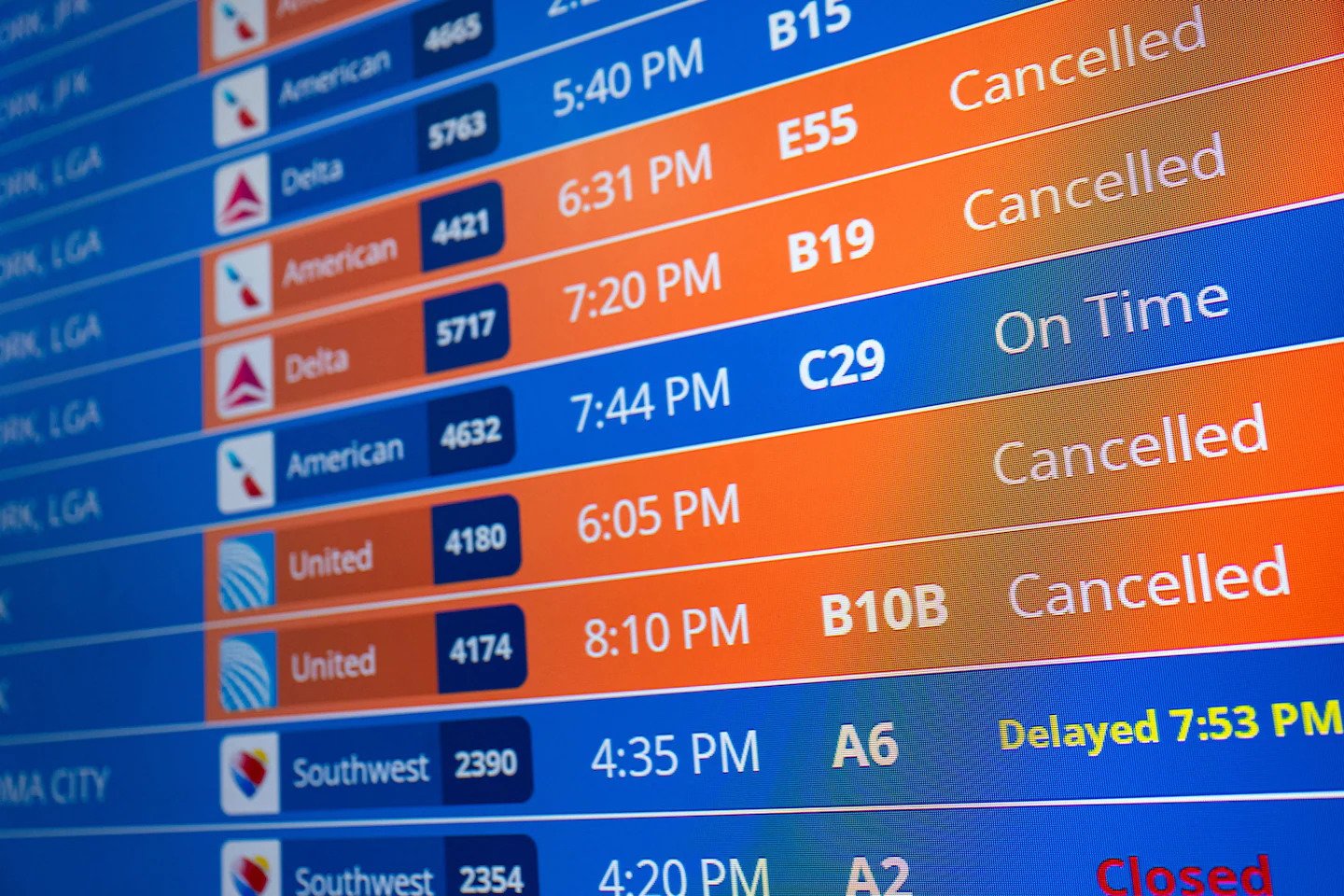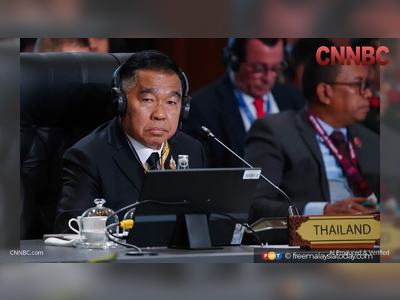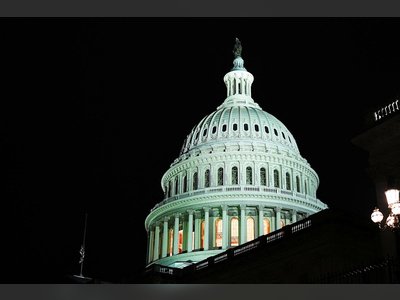
Flight Cancellations Exceed Two Thousand as US Shutdown Disrupts Aviation
More than 2,300 flights cancelled and 8,700 delayed amid staffing shortfalls caused by the federal government shutdown
More than two thousand flights were cancelled and over eight thousand delayed on Monday amid the protracted United States federal government shutdown, highlighting growing strain on the aviation sector.
The Federal Aviation Administration (FAA) has directed airlines to reduce operations at forty major airports as air-traffic controller absences cluster at those hubs.
Airports including Chicago O’Hare International Airport and Hartsfield‑Jackson Atlanta International Airport saw particularly heavy disruption.
On Sunday alone more than 2,700 flights were cancelled and over 10,000 delayed, the worst single day since the shutdown started.
The advance cuts are part of a phased plan: airlines were first required to reduce 4 per cent of flights, with reductions scheduled to escalate to 10 per cent by mid-November if the shutdown persists.
Union leaders warn that fatigue and unpaid service among controllers are eroding safety margins.
The cancellations are affecting major carriers and regional operators alike.
One regional carrier cancelled 11 per cent of its schedule Monday.
As a result, passengers are facing mounting uncertainty.
Travelers delayed by more than three hours domestically – or six hours for international flights – are eligible for full refunds.
The broader backdrop is the longest government shutdown in U.S. history, triggered by a funding impasse in Congress.
With air-traffic staffing shortages flagged as the immediate cause of disruption, transportation authorities say the situation may worsen if the impasse remains unresolved, especially ahead of the high-volume holiday travel period.
For the aviation industry, the shutdown is more than a short-term delay: over 3.2 million passengers were impacted in October alone by flight cancellations or delays tied to staffing gaps, according to airline-industry data.
The mounting disruption may prompt further operational cutbacks if a funding solution is not reached soon.
The Federal Aviation Administration (FAA) has directed airlines to reduce operations at forty major airports as air-traffic controller absences cluster at those hubs.
Airports including Chicago O’Hare International Airport and Hartsfield‑Jackson Atlanta International Airport saw particularly heavy disruption.
On Sunday alone more than 2,700 flights were cancelled and over 10,000 delayed, the worst single day since the shutdown started.
The advance cuts are part of a phased plan: airlines were first required to reduce 4 per cent of flights, with reductions scheduled to escalate to 10 per cent by mid-November if the shutdown persists.
Union leaders warn that fatigue and unpaid service among controllers are eroding safety margins.
The cancellations are affecting major carriers and regional operators alike.
One regional carrier cancelled 11 per cent of its schedule Monday.
As a result, passengers are facing mounting uncertainty.
Travelers delayed by more than three hours domestically – or six hours for international flights – are eligible for full refunds.
The broader backdrop is the longest government shutdown in U.S. history, triggered by a funding impasse in Congress.
With air-traffic staffing shortages flagged as the immediate cause of disruption, transportation authorities say the situation may worsen if the impasse remains unresolved, especially ahead of the high-volume holiday travel period.
For the aviation industry, the shutdown is more than a short-term delay: over 3.2 million passengers were impacted in October alone by flight cancellations or delays tied to staffing gaps, according to airline-industry data.
The mounting disruption may prompt further operational cutbacks if a funding solution is not reached soon.











